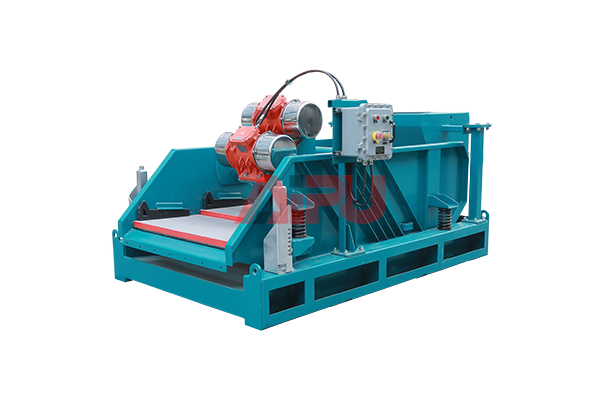Understanding the Processing Capacity of Solids Control Equipment
Solids control equipment plays a critical role in drilling operations, ensuring efficient separation and management of drilling fluids. One of the most important factors to consider when selecting solids control equipment is its processing capacity. This determines how effectively the equipment can handle the volume of drilling fluid and solids, impacting overall operational efficiency.
The processing capacity of solids control equipment refers to the maximum volume of drilling fluid it can treat within a given time frame, typically measured in gallons per minute (GPM) or barrels per hour (BPH). This capacity depends on several factors, including the equipment's design, size, and the type of solids being processed.

High-capacity equipment is essential for large-scale drilling operations where large volumes of drilling fluid are circulated. For example, shale shakers, which are the first line of defense in solids control, must have sufficient processing capacity to handle the flow rate from the rig's mud pumps. If the shaker's capacity is too low, it can lead to fluid overflow, resulting in lost drilling fluid and increased costs.
Centrifuges and desanders also rely on processing capacity to perform effectively. A centrifuge with inadequate capacity may fail to separate fine solids from the drilling fluid, leading to poor fluid quality and potential damage to downstream equipment. Similarly, desanders and desilters must match the flow rate of the drilling fluid to ensure optimal performance.
Several factors influence the processing capacity of solids control equipment. The size and configuration of the equipment play a significant role. Larger units with more screens or higher rotational speeds can typically handle greater volumes. The type of solids being processed also matters—equipment designed for fine solids may have different capacity requirements than those handling coarse cuttings.
Operational conditions, such as fluid viscosity and solids concentration, further impact processing capacity. High-viscosity fluids or fluids with a high solids content may reduce the effective capacity of the equipment. Regular maintenance and proper screen selection are crucial to maintaining optimal performance.
When selecting solids control equipment, it's essential to match the processing capacity with the specific requirements of the drilling operation. Underestimating the required capacity can lead to inefficiencies, while overestimating may result in unnecessary costs. Consulting with experts and reviewing equipment specifications can help ensure the right choice.
If your project requires solids control equipment, choose Aipu Solids Control. It will be your best choice.
